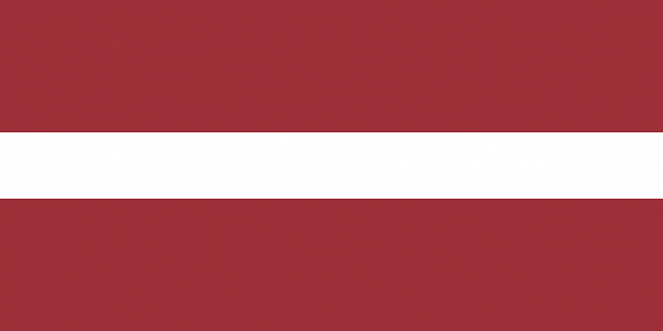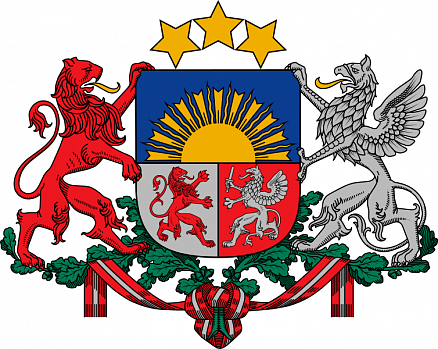 the Republic of Latvia
the Republic of Latvia
Russian MFA Information and Press Department Commentary Regarding Presentation of the Book "Latvia's History: The 20th Century"
Unofficial translation from Russian
Russian MFA Information and Press Department Commentary Regarding Presentation of the Book "Latvia's History:
The 20th Century"
The official presentation of the book "Latvia's History: The 20th Century" took place in Riga a few days ago. Vaira Vike-Freiberga, the President of Latvia, held it in her Presidential Palace in the presence of ministers, education workers, historians and diplomats, which by the same token emphasized that this publication has been approved and "consecrated" by the top leadership of the country and that it is given the status of an official interpretation of Latvian history.
Traditionally the Russian MFA does not comment on the appearance of various historical publications, but in this case the talk is about the events that are part and parcel of the unified concept being pursued by the Latvian MFA, of propagandizing a "true history of Latvia" which all countries should recognize in this form exactly. On February 2, the Latvian embassy intends to organize the presentation of the book in Moscow.
We are not going to take issue with the publication's authors, who, obviously guided by an ideological assumption, try to fit a mixture of facts, unconfirmed information and open falsifications into a Procrustean bed of their own interpretations of history. Let us leave that to experts and professional historians.
It is only surprising that the President of Latvia deemed it appropriate to give out this book in the course of the commemorative events in the former Nazi death camp at Oswiecim. It is not hard to imagine how the former inmates of this camp who were also present at the ceremony would have reacted had they known that in the book being advocated by Vike-Freiberga the Salaspils concentration camp, which many consider the "Latvian Oswiecim," is only called an "educational labor camp."
The book especially focuses on discrediting the Russians' role in Latvian history. In our time we sincerely recommended to the head of the Latvian MFA visiting, apart from the Museum of "Occupation," other Riga museums as well, for example, those of music and literature, the State Art Museum, the Museum of Seafaring, the Russian Drama Theater. The authors of "Latvia's History" obviously should also have listened to this counsel. Then they would have learned much more about Russian culture and the contribution of the Russians to the development of the territories of present-day Latvia. Unfortunately, it seems that the authors, just as members of the Commission for Democracy of the US embassy in Latvia, with whose financial support this book has been published, did not heed our wish.
It has to be stated that the sentiments of historical revenge continue to be actively supported in Latvia, including at the top state level.
We would like to once again call upon the Latvian politicians to give up the futile attempts to "finish the war" with the USSR in the person of contemporary Russia and to pay more attention to the tasks of improving relations with neighbors as well as to the present-day needs of the inhabitants of their country.
February 2, 2005





